17 Essential Unwritten Poker Rules Every Player Should Live By
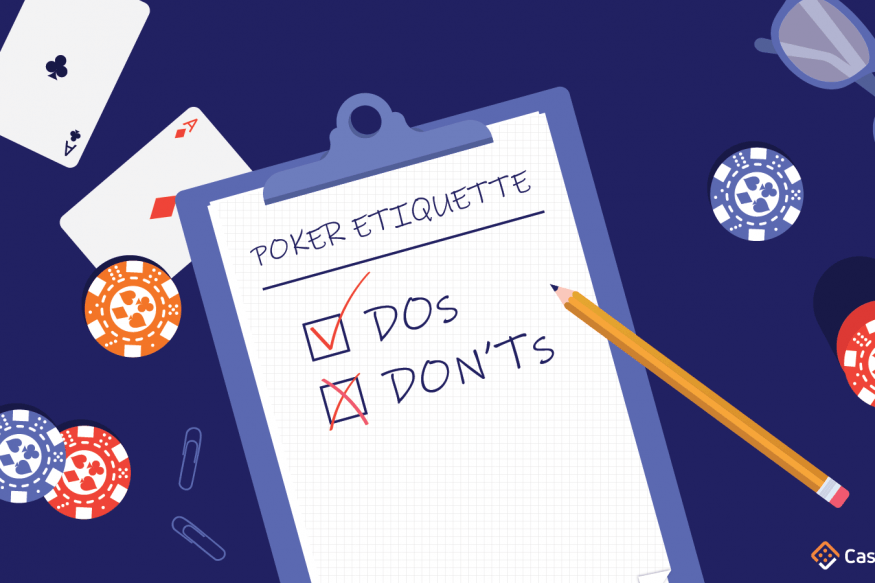
Mastering poker goes beyond understanding the basic rules and strategies-respecting poker etiquette and the game’s unwritten code is just as important. Whether you’re playing casually at home or competing in a high-stakes tournament, these guidelines not only enhance gameplay but can also positively influence your results. Here’s a comprehensive guide to the top unwritten rules of live poker that every player should know.
1. Avoid Angle Shooting at All Times
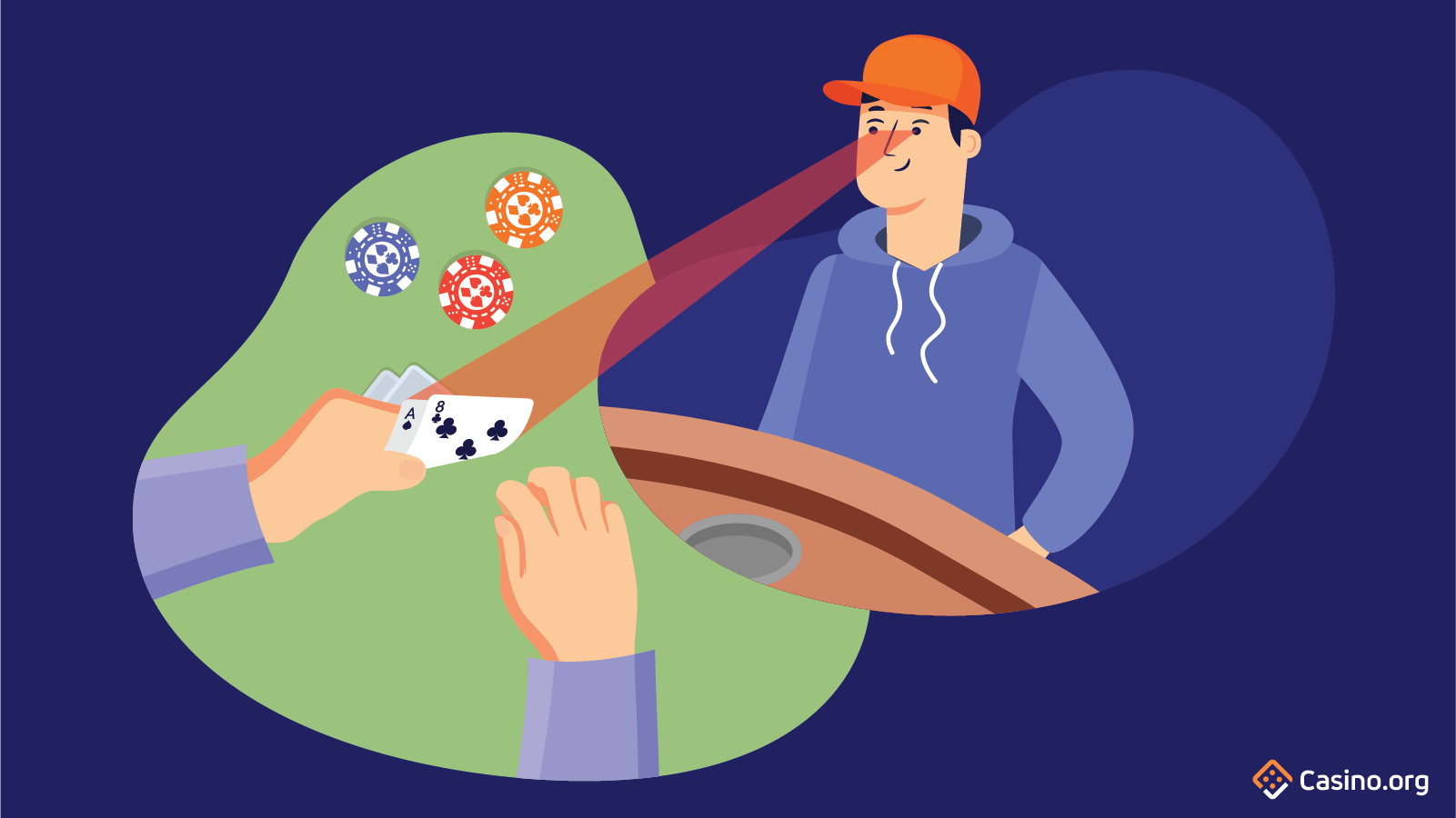
Angle shooting involves using deceitful tactics to gain an unfair edge at the poker table. While not always technically cheating, angle shooting shows poor sportsmanship and creates a toxic environment. Examples include peeking at opponents' cards, hiding chips to misrepresent your stack, acting out of turn to manipulate others, and making misleading verbal declarations about your hand. Even feigning indecision or purposely miscounting chips with the hope of influencing opponents’ actions falls into this category. Always play honestly and uphold the spirit of fair competition.
2. Never Slow Roll Your Opponent
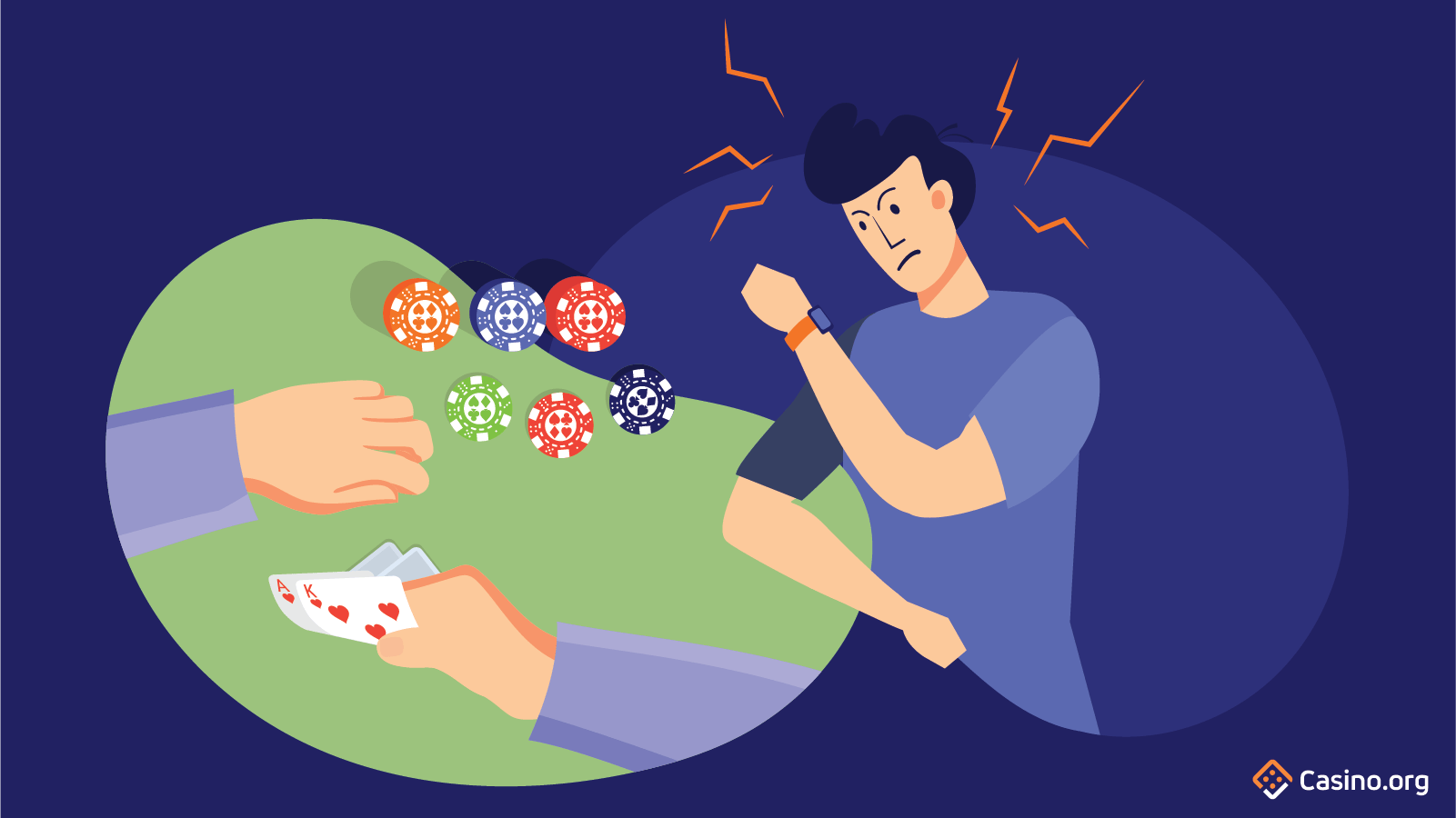
Slow rolling occurs when a player with a winning hand purposely stalls before revealing it at showdown, giving false hope to their opponent. This behavior is widely considered disrespectful-when you know you’ve won, declare your hand promptly. Delaying just to gloat or showboat only reflects poorly on you and spoils the mood for everyone at the table.
3. Respect Everyone’s Time-Act Without Unnecessary Delay
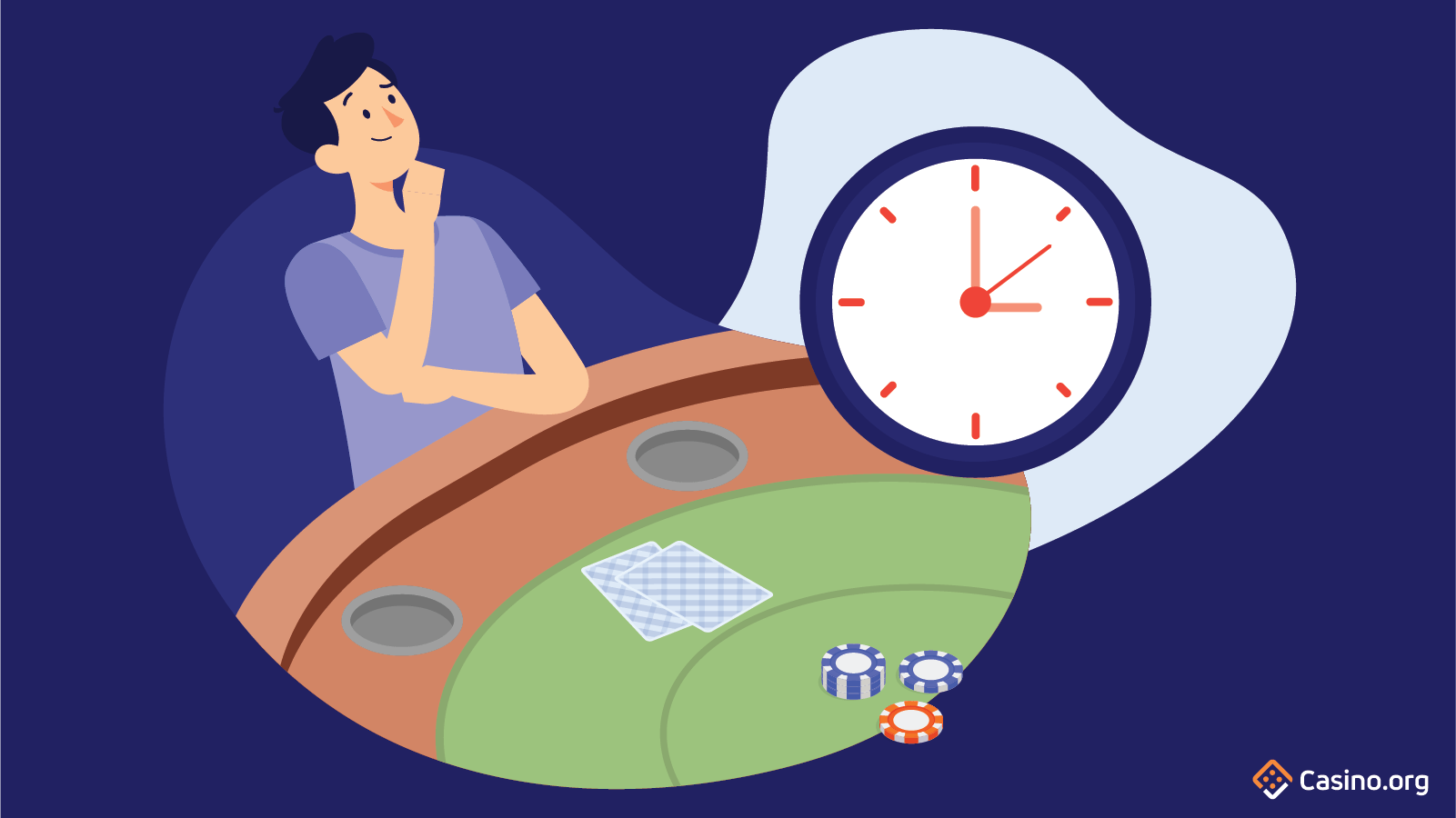
Taking excessive time on simple decisions slows down the game and frustrates others. Use the time you need for genuinely tough spots or large pots, but don’t draw out routine folds or calls. Avoid distractions like chatting or checking your phone when it’s your turn-focus on the game, keep things moving, and help everyone enjoy more hands per hour.
4. Only Call the Clock When Absolutely Necessary
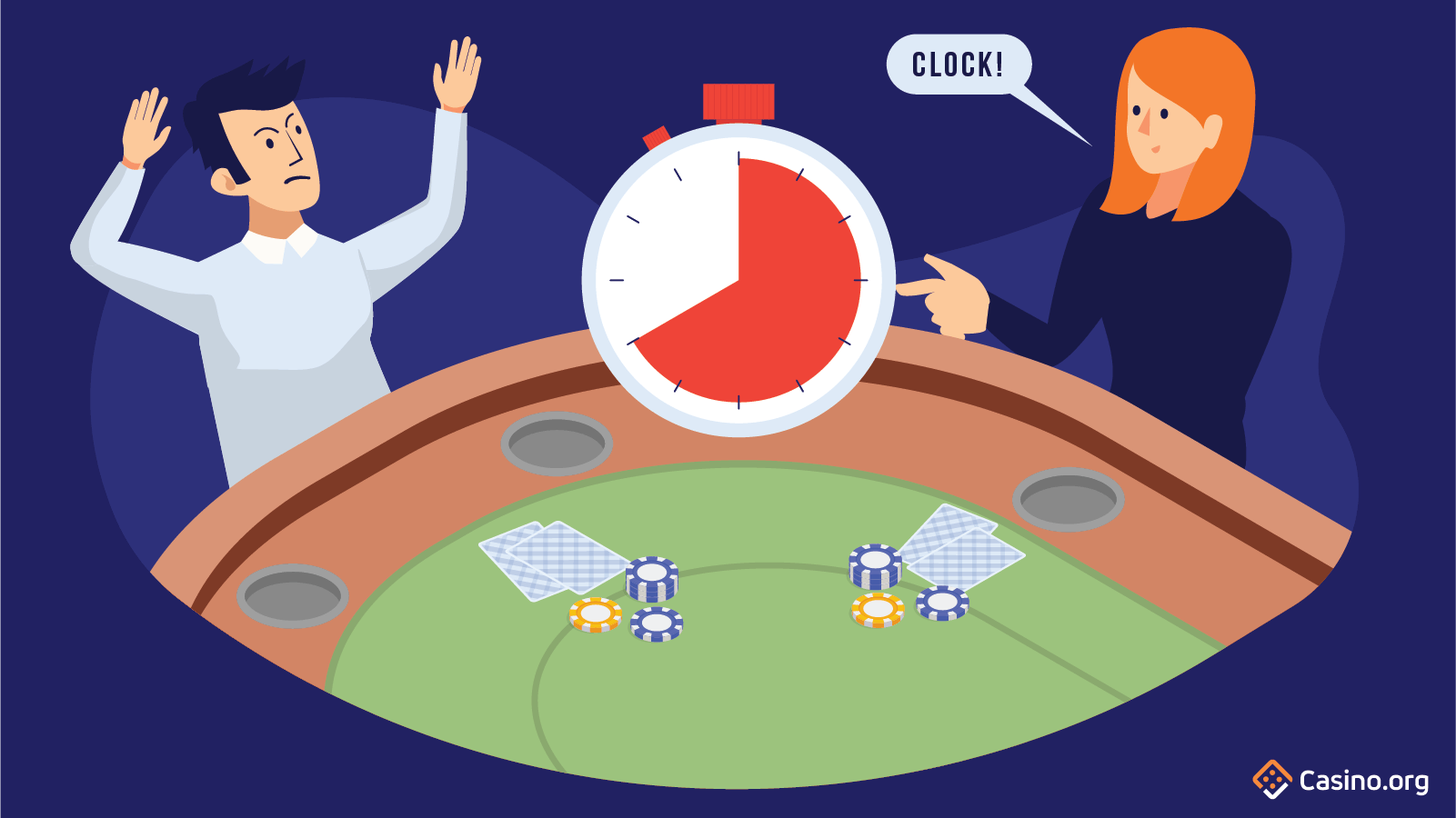
“Calling the clock” puts an official time limit on another player’s action, usually one minute. While this tool helps curtail genuine stalling, using it too soon or too often is bad manners. Allow fellow players the time they need for legitimate decisions-reserve clock calls for clear cases of time-wasting or abuse.
5. Always Wait for Your Turn
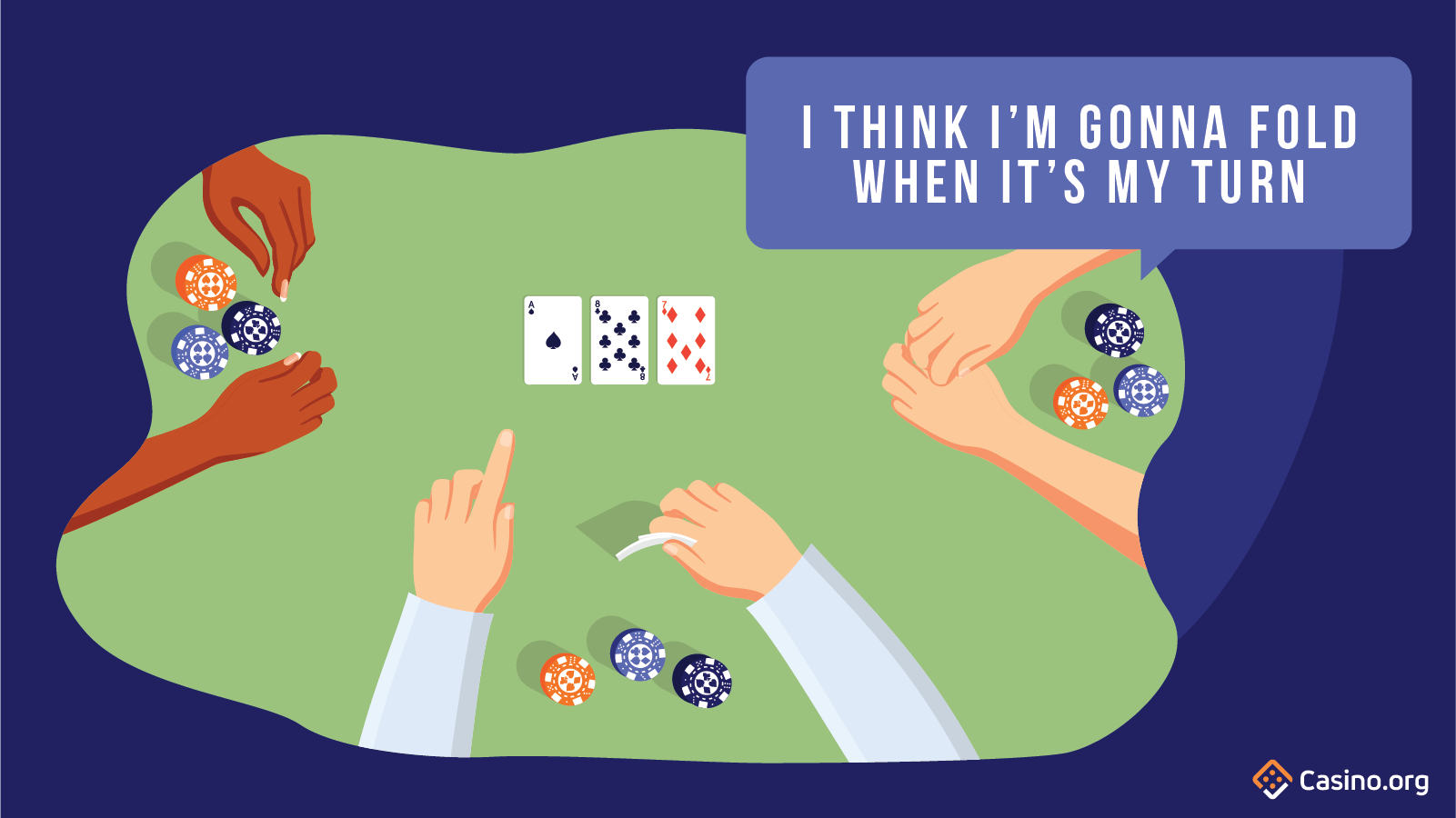
Never announce your move or act before the action reaches you. Acting out of turn provides unfair information to others at the table and can disrupt the outcome of a hand. Be patient and let each player respond in the proper order-this ensures fairness for everyone involved.
6. Stay Engaged and Follow the Action
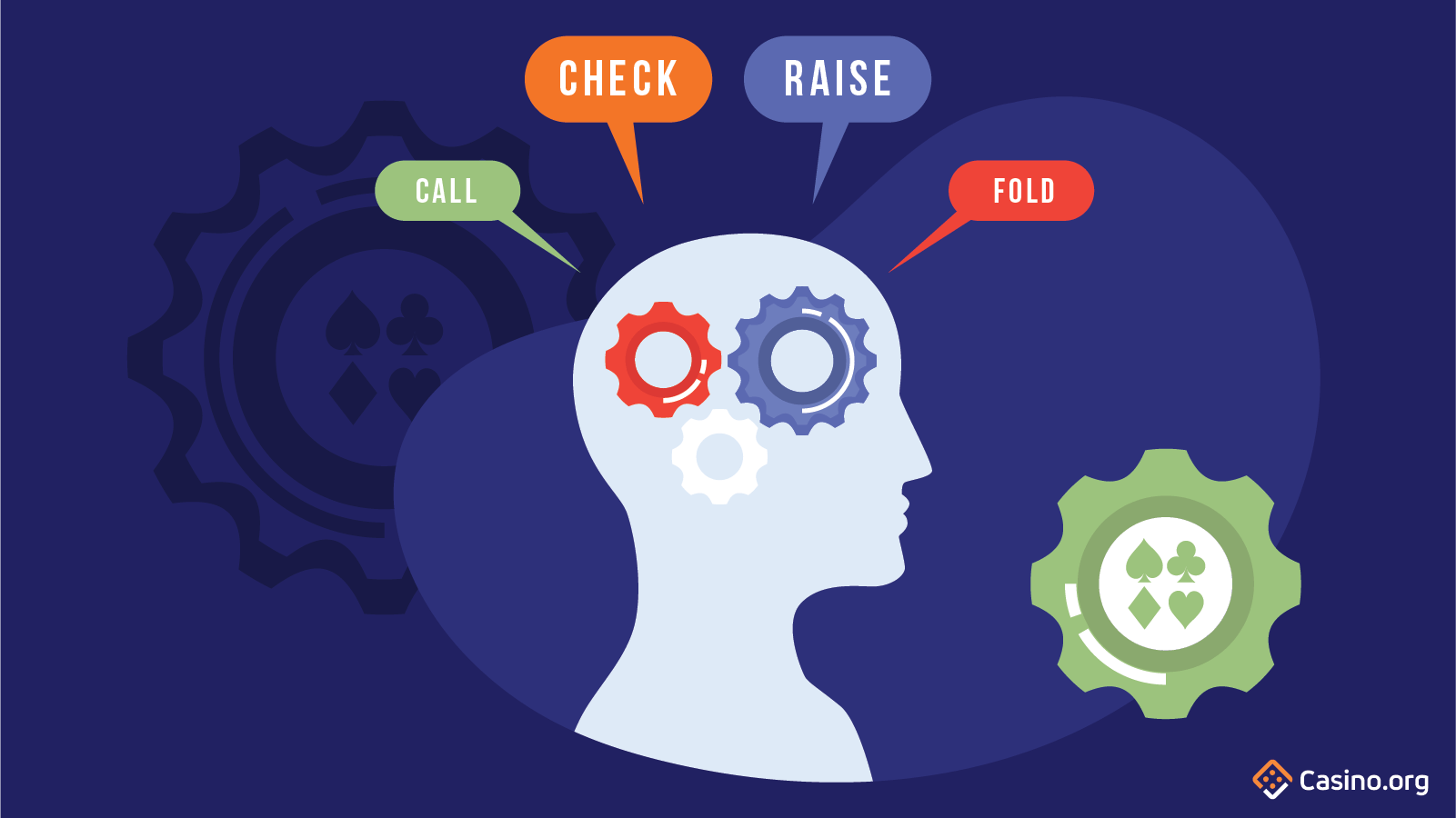
Paying full attention helps you avoid accidental missteps-like acting out of turn or missing an ante-and allows you to pick up crucial gameplay information. Remove distractions, listen to the dealer, and keep your concentration on the table. Not only is this courteous, but it can give you an edge by helping you observe other players’ behaviors and betting patterns.
7. Remain Silent When Not in the Hand
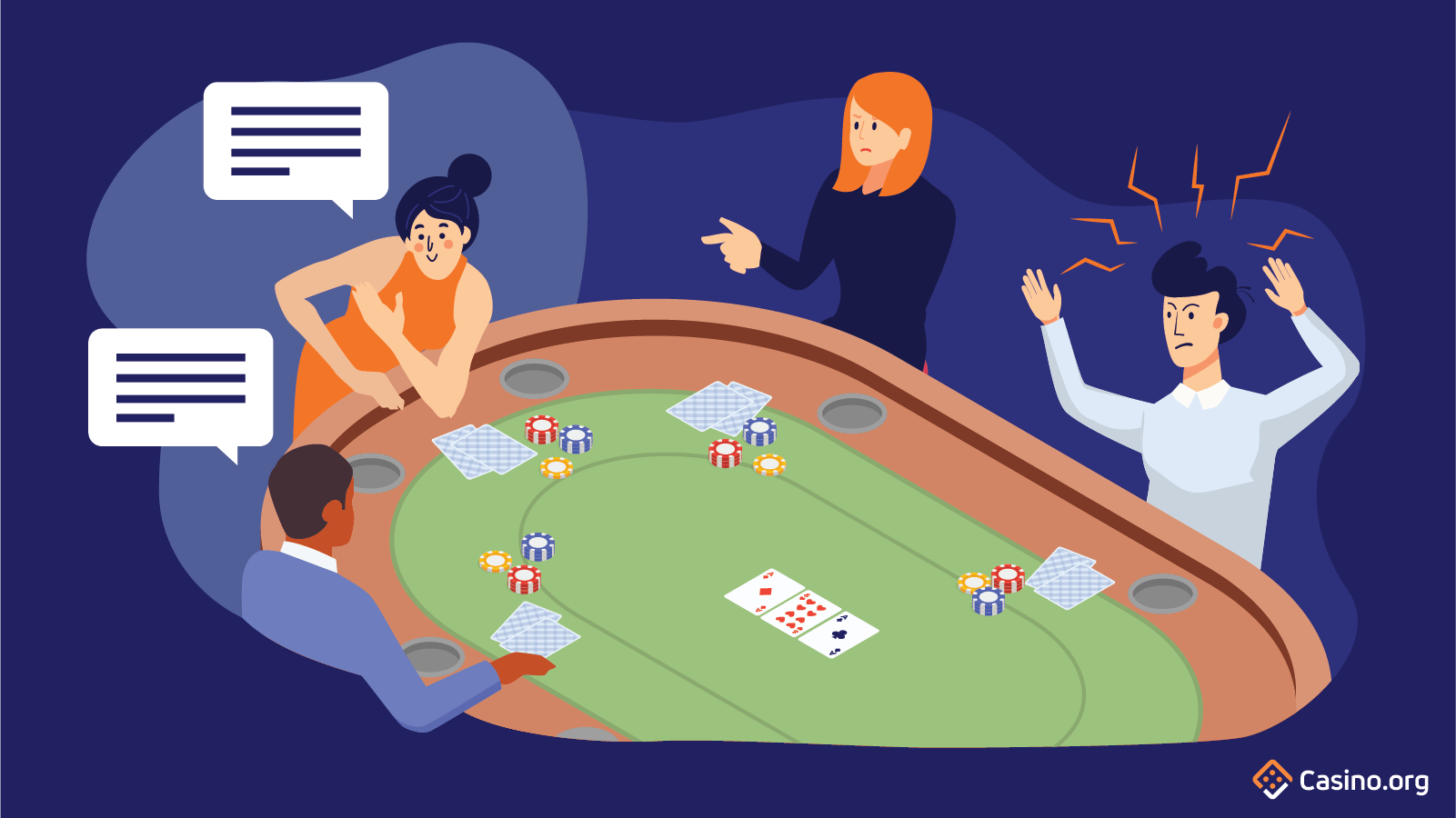
If you’ve folded, it’s best to refrain from commenting on the ongoing hand, discussing strategy, or chatting with active players. Even innocent remarks can unintentionally influence decision-making or reveal information. Allow those still playing to focus without outside input.
8. Don’t Announce Your Cards While Play Continues
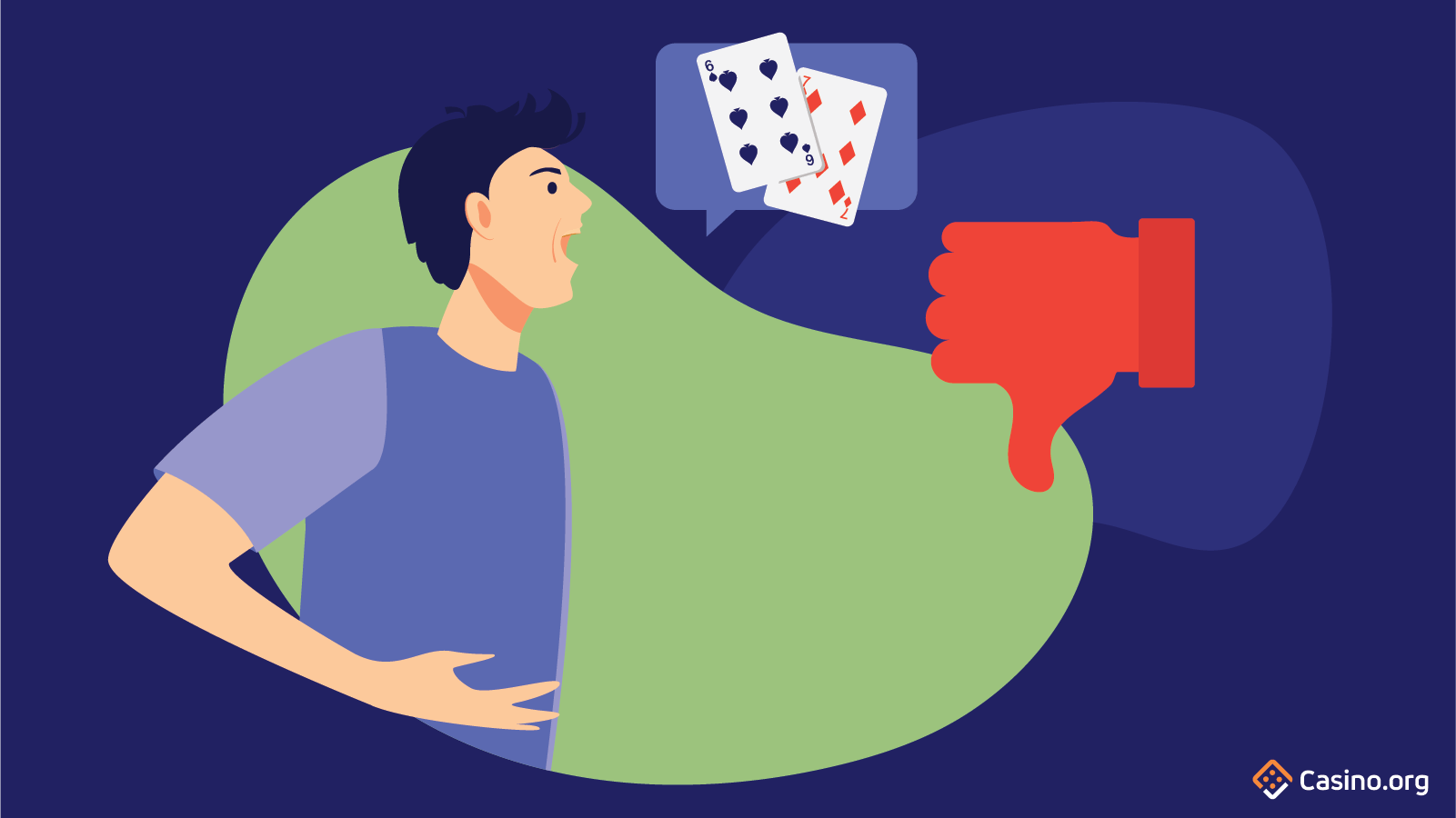
Revealing what you just folded or what you were holding, while others are still in the hand, is strictly off-limits. Sharing this information alters the odds and impacts the integrity of the game. Similarly, reacting loudly when seeing the board after folding gives away details-keep your knowledge and reactions to yourself until the hand concludes.
9. Keep Your Hand to Yourself During Play
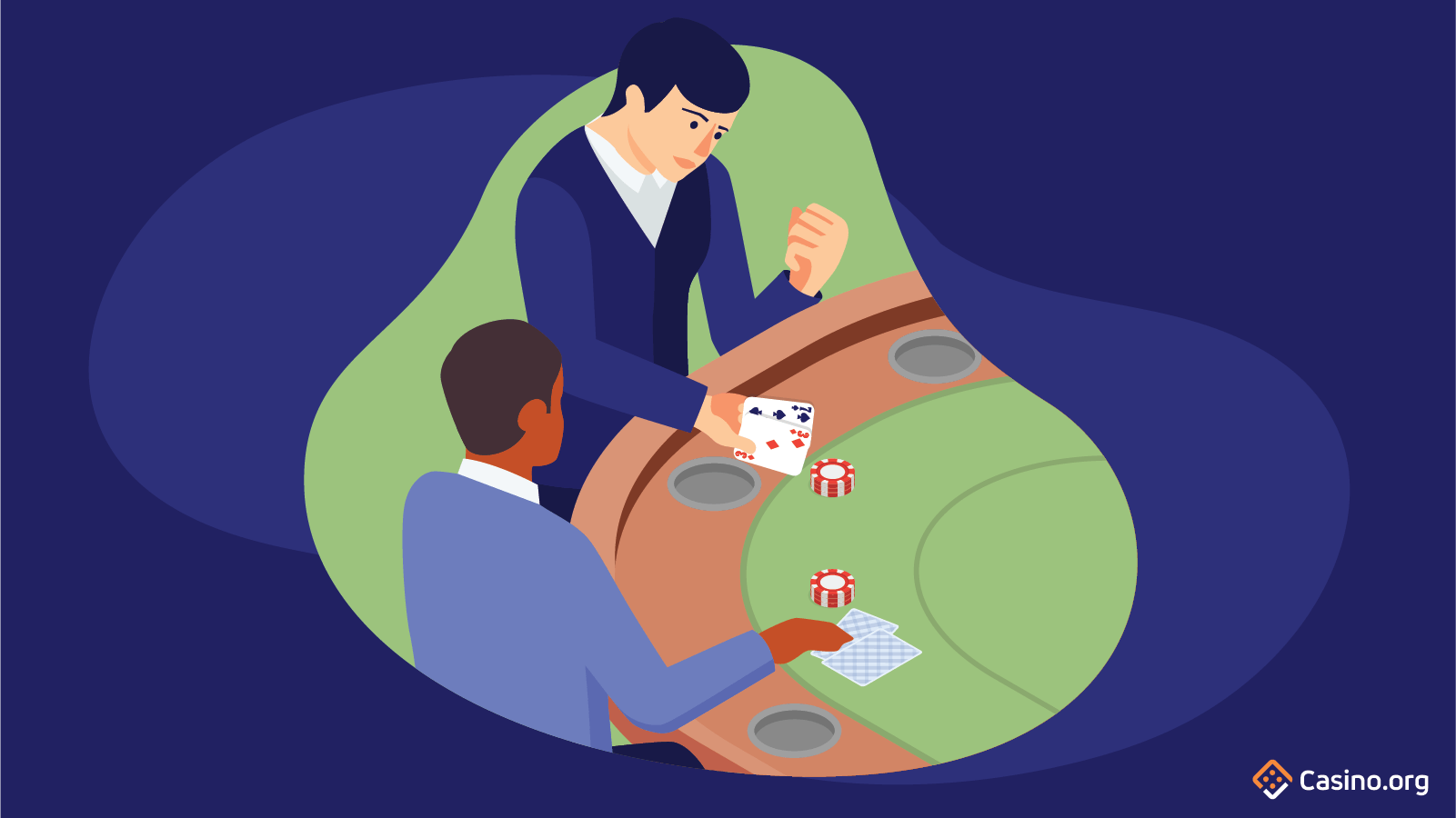
Never display your cards to anyone else during a hand, even if they're a friend who isn’t involved. Consulting others, seeking advice, or sharing your cards is against poker’s ethical standards and can result in penalties or your hand being declared dead. Play independently and uphold the integrity of the table.
10. Show Respect to Your Fellow Players

Poker is a social game-treating opponents politely goes a long way. Avoid criticizing play, mocking mistakes, or giving unsolicited advice. Be especially encouraging towards beginners, remembering your own early experiences. A courteous atmosphere makes the game more enjoyable for all and can even make others more likely to engage with you in the future.
11. Treat the Dealer with Courtesy

The dealer is there to facilitate the game-not to influence its outcome. Mistreating or blaming the dealer for bad luck is uncalled for. If you spot an error, point it out politely, and allow the dealer or the floor supervisor to resolve any disputes. Professionalism in dealing with staff keeps the environment pleasant for all.
12. Don’t Dwell on Bad Beats or Complain
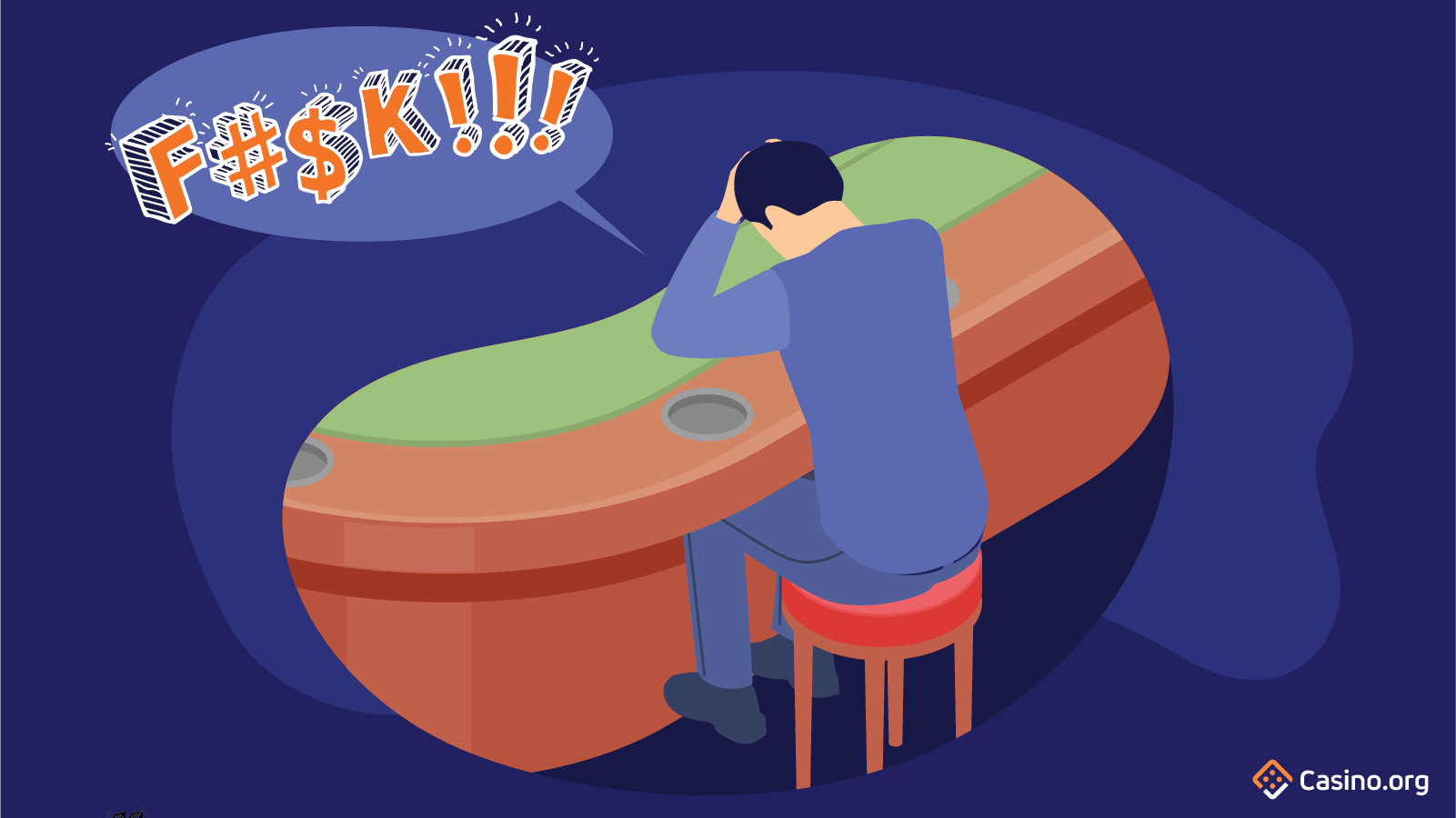
Losing to an unlikely card-known as a “bad beat”-is an inevitable part of poker. Complaining about misfortune annoys the table and signals to others that you might be tilting, which can be exploited. Take losses in stride, keep a level head, and remember that luck evens out over the long run.
13. Make Your Stack Easily Visible
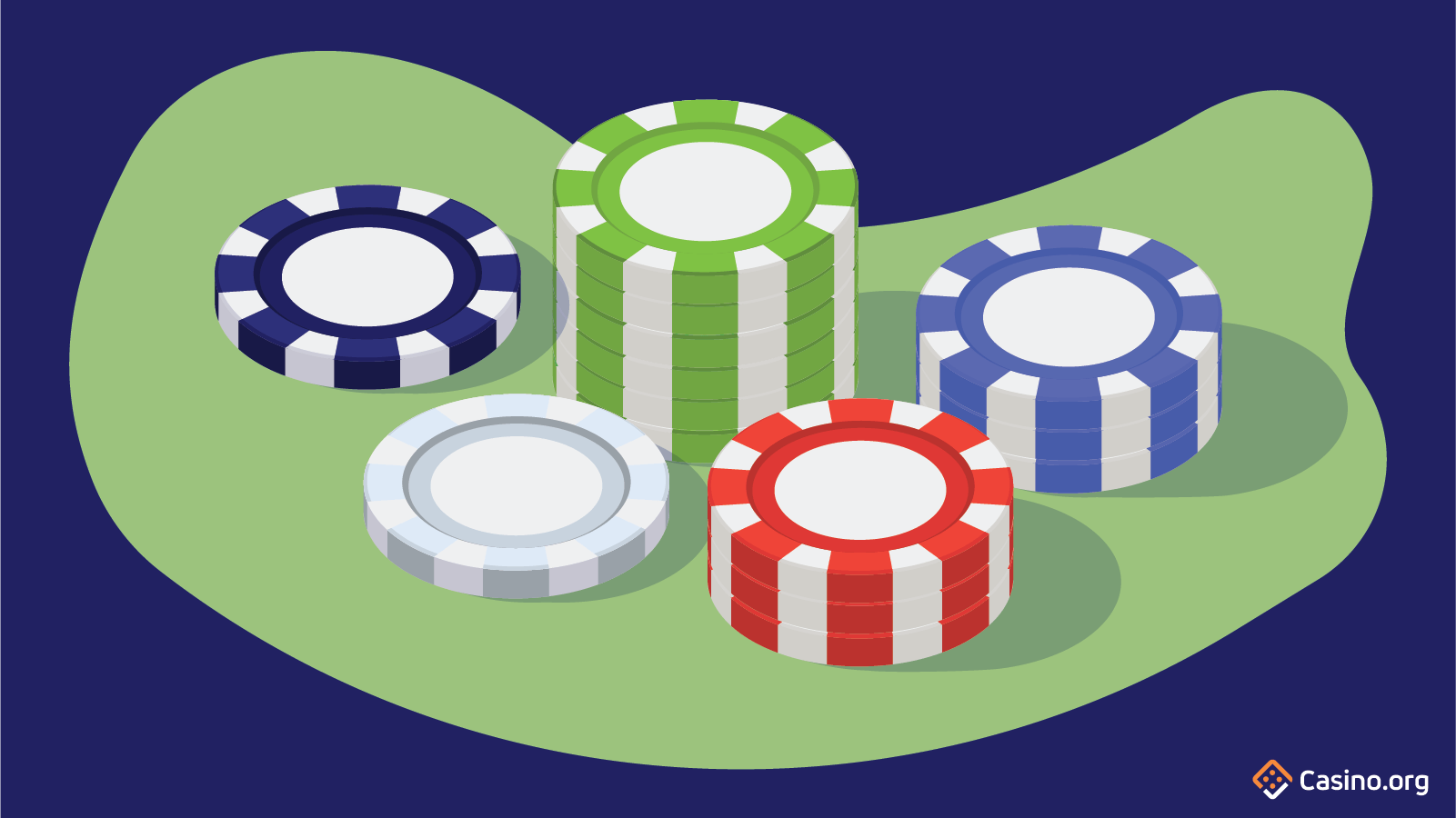
Always arrange your chips so others can reasonably estimate your stack size-keeping high-value chips at the front and not obscuring them with your hands or smaller chips. This helps everyone make informed decisions and avoids misunderstandings or accusations of deceit. If asked for a count, you’re not required to provide it-let the dealer clarify or let others count visually.
14. Don’t Offer Unsolicited Poker Lessons
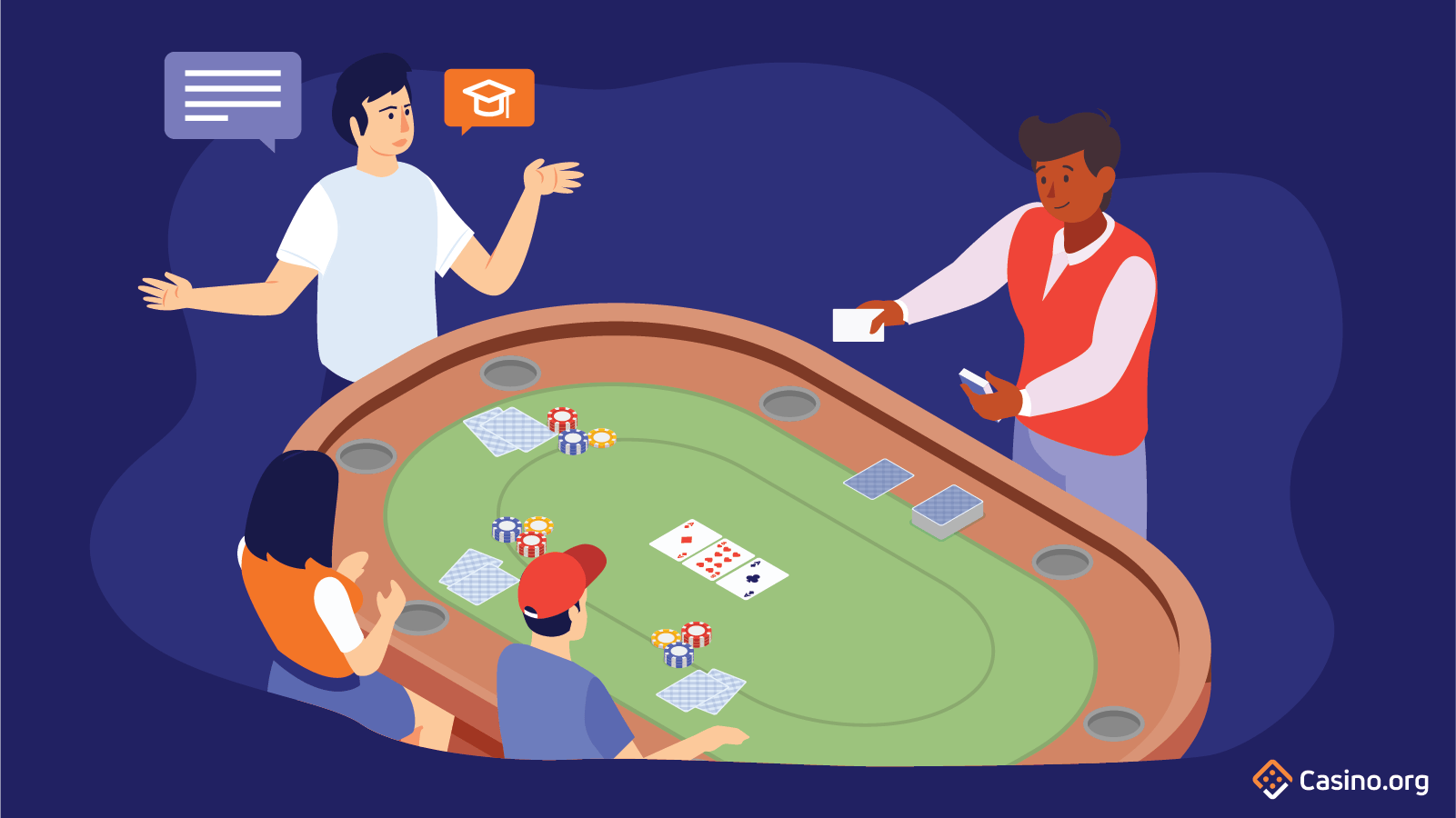
Resist the temptation to critique others or explain what they “should have done.” Unless asked by a complete newcomer, keep instructional comments to yourself-let people play their own game and learn at their own pace. This preserves a friendly, non-intimidating atmosphere and benefits the overall health of the game.
15. Don’t ‘Hit and Run’ in Cash Games
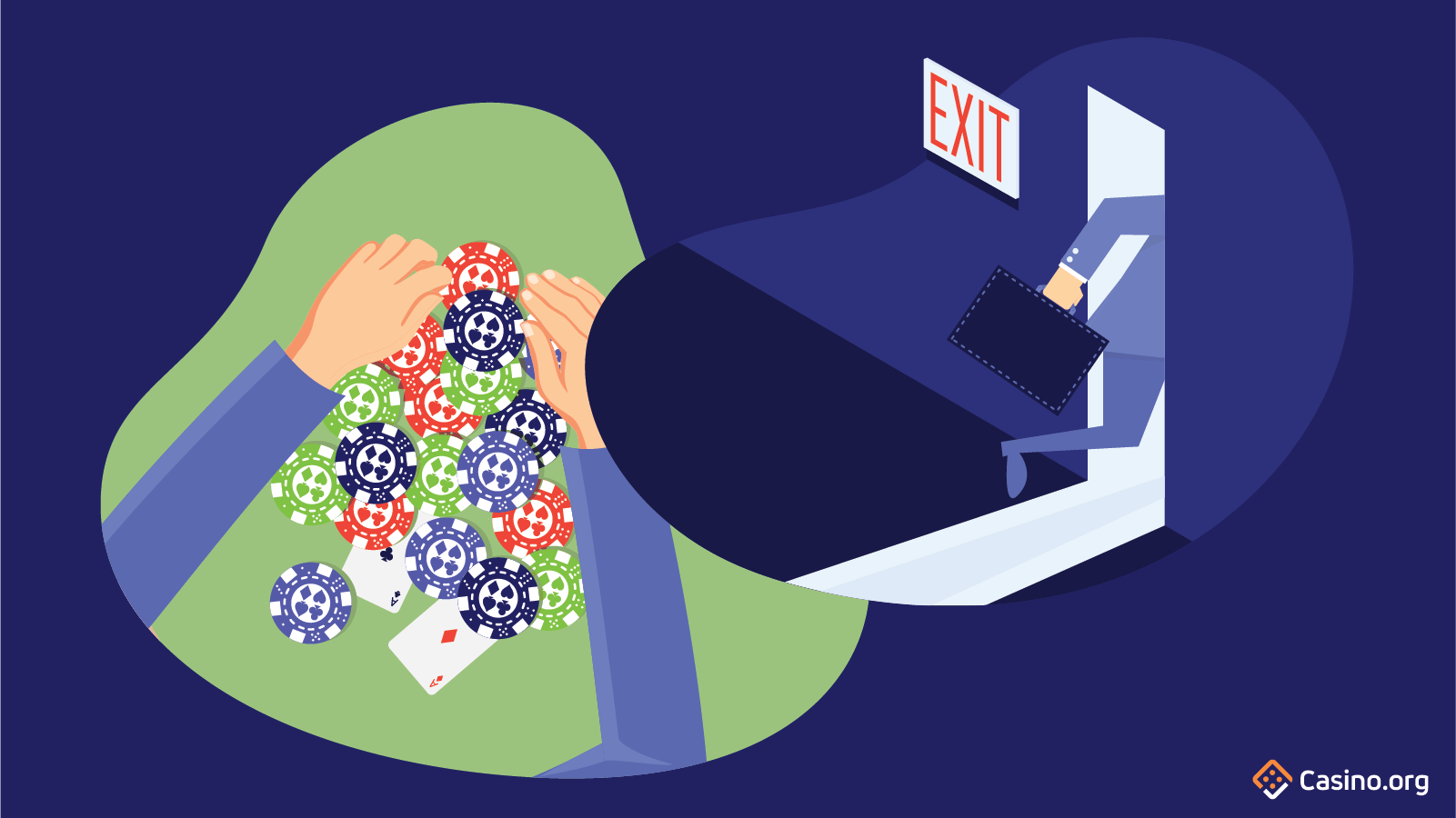
Leaving the table immediately after scooping a large pot-known as hitting and running-is frowned upon. It disrupts the flow and spirit of the game, especially for regulars and recreational players. Of course, if you genuinely need to leave, do so, but avoid making a habit of it after big wins.
16. Place Your Bets Neatly-Never Splash the Pot
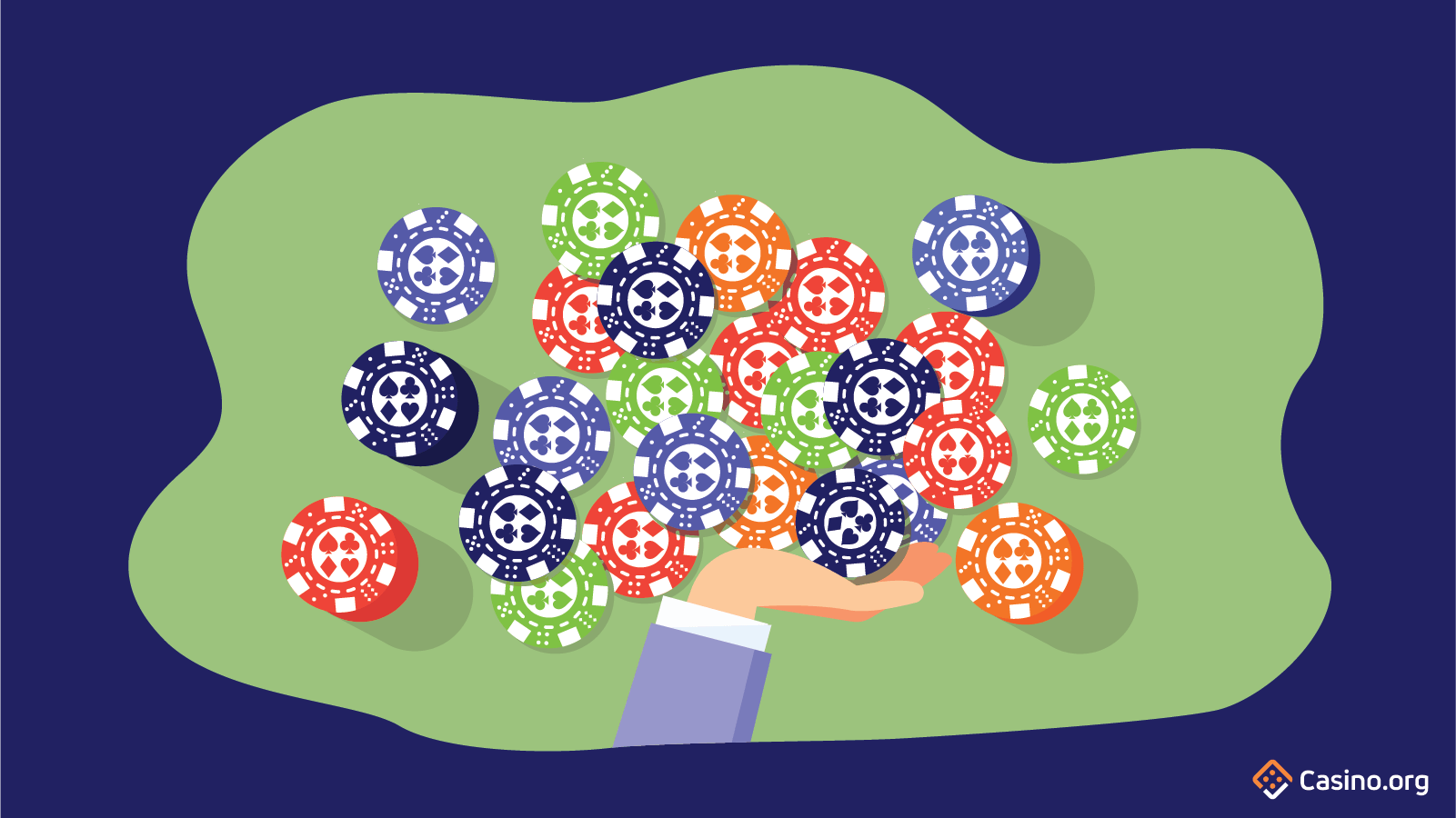
Splashing the pot-throwing chips carelessly into the middle-makes it difficult for the dealer and players to track betting amounts and can lead to confusion or disputes. Always stack your bets clearly in front of you until the dealer collects them. This ensures accuracy and keeps the game running smoothly.
17. Celebrate Modestly-Don’t Rub It In

Poker is an emotional game, but excessive celebration after winning a big pot can seem unsportsmanlike. Keep your excitement in check-remember, fortune can reverse quickly, and no one likes being taunted after a tough loss. Show empathy and keep the atmosphere positive regardless of who wins.
Conclusion: Make the Poker Table a Better Place
The unwritten rules of poker are rooted in respect, fairness, and common sense. By following these guidelines-being considerate of others, staying focused, and behaving ethically-you’ll create a welcoming environment, improve your own gameplay, and earn the respect of everyone at the table. Poker is ultimately about competition and enjoyment, so play like a true professional and help set the standard for great games everywhere.













